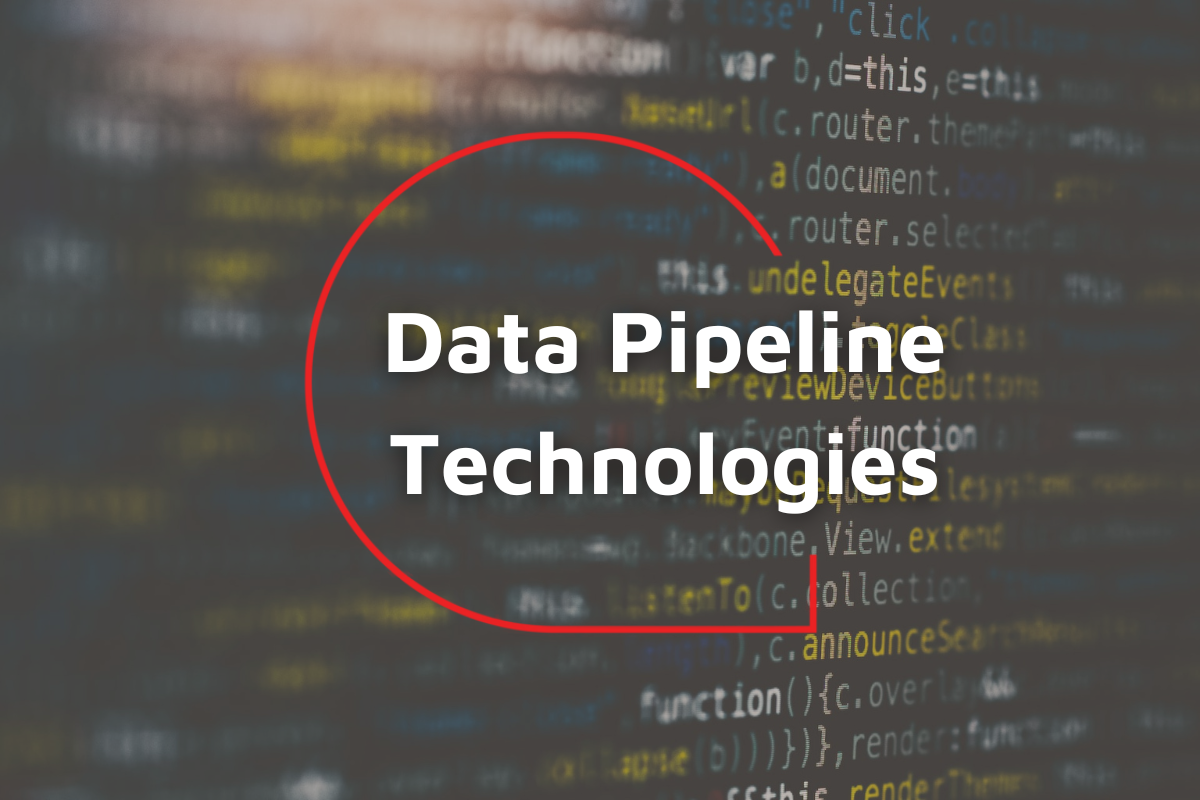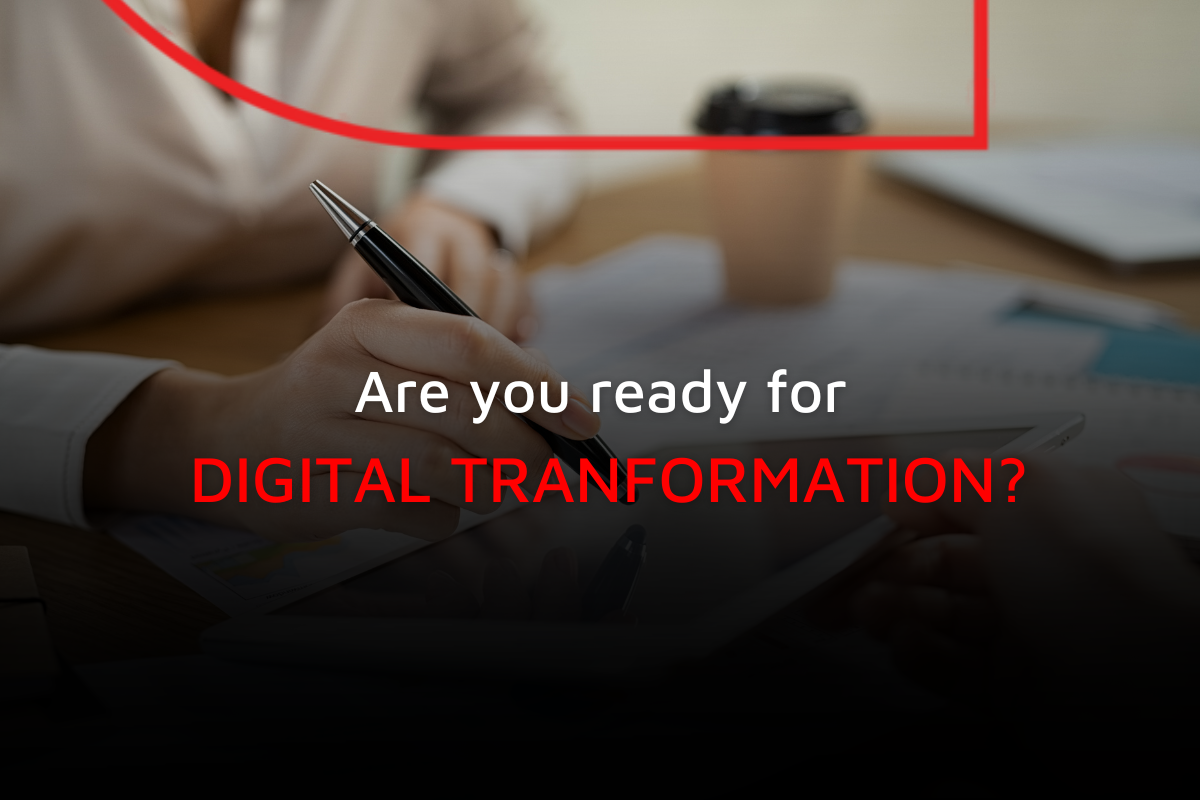Data pipeline development – choosing the right technologies
6 December 2022 | Noor Khan

Managing your data means that you need the right structures, the right tools, and the right team to manage your needs. When you create a data pipeline, the first things you should consider are:
- How much data is being pulled?
- How often the data will be needed?
- How often will the data change?
The answers to these questions will play a large role in not only the way you set up your data administration, but the tools, and processes you need in order to have the pipelines running at optimal efficiency.
With so many different techniques, tools, and software platforms available to manage your data, deciding what you need, and which programs will best support that usage is crucial. Seeking advice from experts is often the best way forward, but even then, you need to understand what the set up and development will entail, and why it is beneficial for you and your business.
What does a data pipeline include?
In order to know what you need it is important to understand how a data pipeline is structured. In very general terms a data pipeline needs:
- A Source – the location where the data is being extracted from
- Processing capability – this may come before or after the data has been transferred, but this stage is crucial for the data to become accessible and usable
- A destination – the location where the data will be stored, analysed, and accessed.
Whether you are dealing with relatively small amounts of data, are expanding out and generating more, or already create an extensive amount of data on a regular basis, you need the right tools for the job.
What tools are available?
There are different tools for different parts of your data’s journey through the pipeline, and of course – tools to develop and maintain your pipeline in the first instance.
You may already have a preferred technology stack or require assistance in determining the best choice. Our data experts are confident and skilled in using cutting-edge technology and the world’s leading data technologies, these include:
AWS for your data pipelines development
Amazon Web Services operates the Redshift cloud-based Data Warehouse, which offers petabyte-scale data warehousing services, and a pipeline that allows you to move data from sources such as MySQL Table, AWS S3 Bucket, and AWS DynamoDB.
More on our AWS partnership.
Hadoop for your data pipeline development
The Hadoop ecosystem drives Big Data Analytics and is a MapReduce engine and file system for storing the data. It has a somewhat complex architecture but is supported by a range of tools, including ones that allow you to measure data quality from different perspectives.
Kafka for your data pipeline development
A service that allows developers to stream data in real-time with high throughput, this platform also provides insight into transactional data from databases and other sources. Kafka is the data stream that feeds into the Hadoop Big Data lakes.
How to make your choice of data pipeline tools
Start with your needs – think carefully about what you require for your data, how you will be using it, what you need to do, and when. Identify the areas and components that you need to have, want to have, and would like to have. Then you can shortlist various tools and platforms by comparing them against your priorities.
The needs of your business will largely determine what you do, and how you do it – and it is important that you take the time to fully understand and research your options, so you make the best decisions for your data.
Ardent data pipeline development services
Ardent data engineers have worked with a wide variety of technologies to deliver secure, robust and scalable data pipelines to a wide variety of clients. There are a number of factors we consider before making the choice of the right technology for each project, for data pipeline projects we consider:
- Clients preferred technology stack
- Client data, requirements and challenges
- Long term maintenance
- The ability of the technology
If you are considering building data pipelines to collect and collate data from disparate sources, or want to improve and optimise your existing data pipelines, we can help. Get in touch to find out more about how our highly skilled engineers can help you unlock your data potential.
Ardent Insights

Are you ready to take the lead in driving digital transformation?
Digital transformation is the process of modernizing and digitating business processes with technology that can offer a plethora of benefits including reducing long-term costs, improving productivity and streamlining processes. Despite the benefits, research by McKinsey & Company has found that around 70% of digital transformation projects fail, largely down to employee resistance. If you are [...]
Read More... from Data pipeline development – choosing the right technologies

Stateful VS Stateless – What’s right for your application?
Protocols and guidelines are at the heart of data engineering and application development, and the data which is sent using network protocols is broadly divided into stateful vs stateless structures – these rules govern how the data has been formatted, how it sent, and how it is received by other devices (such as endpoints, routers, [...]
Read More... from Data pipeline development – choosing the right technologies

Getting data observability done right – Is Monte Carlo the tool for you?
Data observability is all about the ability to understand, diagnose, and manage the health of your data across multiple tools and throughout the entire lifecycle of the data. Ensuring that you have the right operational monitoring and support to provide 24/7 peace of mind is critical to building and growing your company. [...]
Read More... from Data pipeline development – choosing the right technologies






